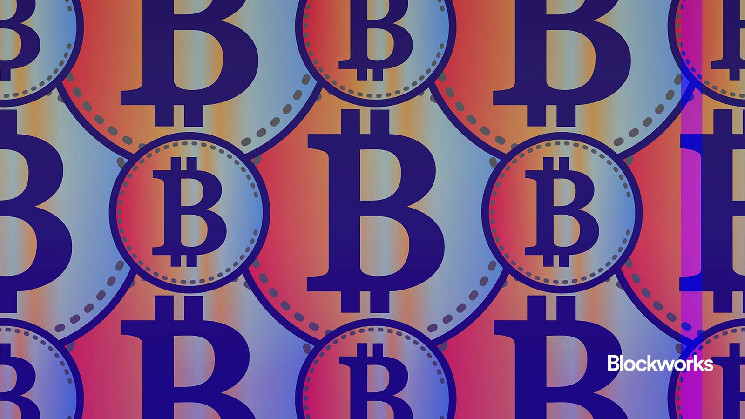[ad_1]
This is a segment from the 0xResearch newsletter. To read full editions, subscribe.
The rise of “Bitcoin DeFi” on new networks looking to scale Bitcoin has primarily come through bitcoin-backed derivatives like SolvBTC.BBN and LBTC. These derivatives receive staking rewards from Babylon, offering new avenues for liquidity and yield generation. However, concerns about the transparency of these platforms, particularly regarding the management of bitcoin reserves, have sparked debate within the Bitcoin community.
A recent article by the co-founder of Nubit, known online as Hans, raised alarms about the potential for unbacked reserves and the inflation of total value locked (TVL) in platforms like Solv. These concerns highlight broader risks in the bitcoin-backed derivatives space, especially as market volatility persists.
SolvBTC is minted by depositing either BTC or flavors of wrapped bitcoin so that solvBTC tokens mirror the value of the BTC held in reserves 1:1.
But after that, solvBTC can be moved freely across chains and apps, making it challenging to track TVL. That led to allegations of double-counting solvBTC issuance.
Solv co-founder Ryan Chow called the claims “a smear campaign, coordinated and orchestrated” by Solv’s competitors.
SolvBTC.BBN suffers from a liquidity discount which deepened to 7% last week following a hack of the protocol’s X account.
Solv has pledged to reimburse user funds lost as a result of the hack.
Despite these clarifications, the core issue remains that Solv, like other bitcoin-backed derivatives platforms, introduces additional layers of trust. While some transparency improvements are being made, the underlying reliance on centralized mechanisms to mint and manage bitcoin-backed derivatives adds risk for users. As @0xTindorr pointed out in an X thread defending Solv, any bitcoin liquid staking tokens (LSTs) inherently carry additional risk.
As the bitcoin-backed derivatives market continues to expand, ensuring these platforms are genuinely backed by reserves and thus remaining transparent will be crucial to maintaining trust and mitigating risks. Users must remain cautious, understanding that the promise of liquidity and yield often comes with hidden risks, especially when the backing of assets is unclear.
Solv Protocol’s native token, SOLV, is set to list Thursday on Binance with a total supply of 9.66 billion and an initial circulating supply of approximately 1.48 billion at time of listing. The token’s launch, which followed a points campaign, adds a new layer to the growing ecosystem of bitcoin-backed derivatives. It will be revealing to monitor performance in this space in light of the potential risks associated with Solv’s expanding offerings.
Other bitcoin derivative issuers, including Lombard and Bedrock, have been using points programs to entice deposits, often a prelude to launching a token.
[ad_2]

